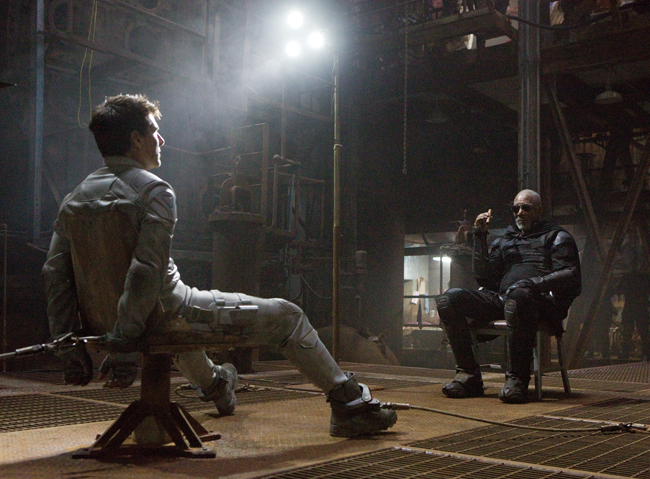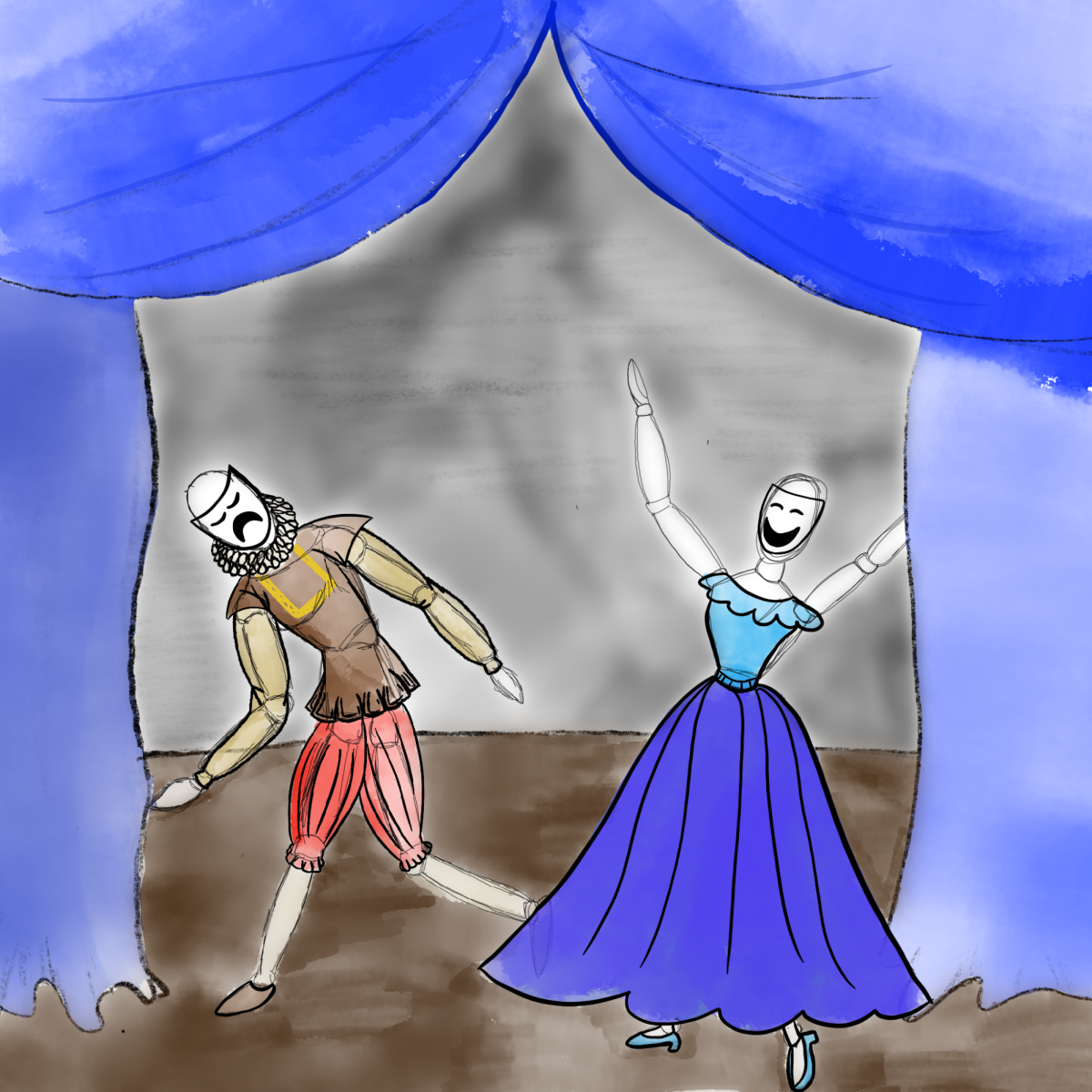Joseph Kosinski’s debut feature, “Tron: Legacy,” was a visual marvel with a script that failed to connect on any sort of logical or emotional level, rendering the film an empty exercise in image and sound. His follow-up, “Oblivion,” is a marked improvement, another feast of images with a slightly more coherent story. Unfortunately, the film is a pastiche of sci-fi tropes and imagery, making for a film that tries to blend about half a dozen different stories into a murky final product.
On a post-apocalyptic Earth, Jack (Tom Cruise) and Victoria (Andrea Riseborough) are in charge of drone repair for a space station where the rest of humanity has found sanctuary. With only a few weeks to go until they get to rejoin their people in space, Jack’s reckless streak grows more and more pronounced, and the arrival of an unfamiliar spacecraft inconveniently coincides with Jack’s discovery of an underground human colony hellbent on overthrowing the government.
“Oblivion”’s mish-mash of post-apocalyptic wastelands and dystopian government coups only gets more convoluted as the film goes on, and to name too many more of the sci-fi classics with their fingerprints on “Oblivion” would only serve to spoil the few surprises up the film’s sleeve. Kosinski dips in and out of several stories brimming with potential, only to discard them almost immediately, leaving numerous narrative avenues unexplored. Even Kosinski’s imagery shamelessly lifts from “2001: A Space Odyssey” and the film’s climax borrows liberally from the “Portal” series, especially in its design of the villainous drones, disposable antagonists that give Kosinski the opportunity to blow lots of stuff up without having to build characters in the process.
Even though “Oblivion” is little more than a mixtape for sci-fi fans, Kosinski still delivers an impressively controlled aesthetic, and every frame of the film is striking and gorgeous. Kosinski revels in showing us the destroyed ruins of Earth, but he also finds several lush, beautiful untouched miracles in the overgrown wasteland he’s created. The highly anticipated score from M83 is effective, but evokes Daft Punk’s memorable work from “Tron: Legacy” too readily and gets a bit overzealous at times, scoring even quiet, intimate moments between Jack and Victoria with a booming full orchestra.
Tom Cruise has headlined plenty of big films like this, but rarely has he worked with as small an ensemble as he does here. Thankfully, Cruise anchors “Oblivion” with a performance filled with confidence and charm, even if it lacks complexity. The film is a pure star vehicle for Cruise, filled with big action beats and sweeping moments of heroism, but Cruise’s most effective moments come when Jack visits the small oasis he’s built for himself off the grid. Jack has nostalgia for a life he never lived, a desire to be a normal human, and Cruise instills those scenes with a real sense of longing, bringing genuine humanity to a character with little idea of what that means.
Andrea Riseborough’s understated, emotive performance is pivotal to making much of the first stretch of the film work, and as Victoria’s reality collapses around her, Riseborough does a great job of selling her character’s betrayal and anger. Melissa Leo is quietly malicious in her small role, and Olga Kurylenko is engaging and fiery as the catalyst for Jack’s slow realization that all is not what it seems to be. Meanwhile, Morgan Freeman brings nothing but a baritone and silly sunglasses to his stock wise old-man role, and fails to produce a single moment worth remembering with his nondescript performance.
“Oblivion” is a lushly realized parade of beautiful sights and sounds, but the film’s narrative deficiencies once again overpower Kosinski’s impressive visual efforts. Still, not many directors can produce two letdowns and still have me interested in what’s next, and as soon as Kosinski can write a script as lavishly gorgeous as his imagery, we’re going to have something really special on our hands.





















